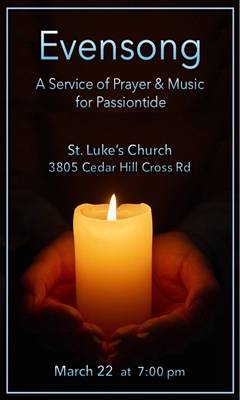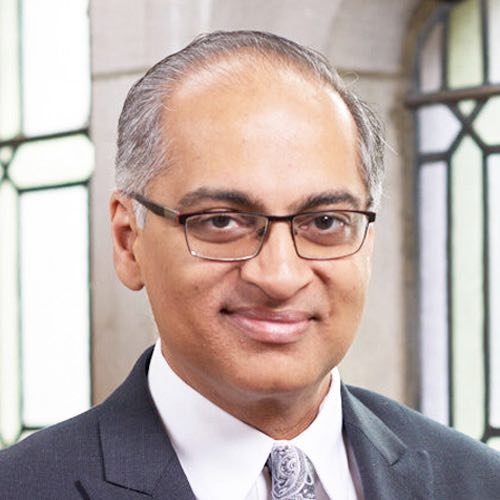It has been a difficult and beautiful month. For just shy of three weeks, I was at Dad’s bedside as he had entered at-home hospice care. This last week has been marked by his passing and funeral arrangements. Those first three weeks were sacred time, for many reasons.
Dad was largely pain-free despite stage IV pancreatic cancer. Dad had full command of his cognitive capacities, and until the last few days, when he became too fatigued to speak, we were able to talk at length. And Dad was entirely at peace about his coming passing. He had lived his life well and was unburdened by regret. Most of all, he was a man of profound faith.
What I found most striking about the shape of his faith in these last weeks of conversation was the combination of unshakeable trust in God and an open unknowing about what was to come after he broke through death’s veil — about what he knew and what he did not need to know.
I found Dad’s deep peace and equanimity remarkable. Given that he was a man of evangelical Christian convictions, born in India during the mid-1930s, it would have been reasonable to suppose that he was looking forward to being reunited with his wife. When I asked him, Dad just smiled knowingly, or perhaps I should say, unknowingly. His response: “Yes, some say that we will be able to recognize our loved ones in the hereafter.” The noncommittal “some people” surprised me. Being that Dad was* the son of a famous evangelist from the South Indian state of Kerala, I assumed that Dad entertained traditional ideas about what was to come.
He did not. Noting his refusal to hold to a clear and definite notion of what was to come, I added, “Yes, Dad, some people, indeed, millions in India, believe in reincarnation and some even have past life memories.” Dad did not then dismiss these Hindu notions out of hand. In a later conversation when the topic of reincarnation resurfaced, Dad said, “I don’t think there is reincarnation; I expect some kind of heaven.” Even here, there were no notes of emphatic certainty, nothing that smacked of absolutes.
So, what did Dad “know” for sure? Only that he was in death, as in life, in God’s hands: “God has decided that it is time to call me home.” On other occasions, I have argued with Dad about his strong account of divine foreknowledge and omnipotence. I am too much shaped by process theology to believe that each of us enters life stamped with an expiry date like a carton of milk.
Knowing that he did not have the energy for our customary theological arguments, I listened for the essential. Here was a man who throughout his life, lived with the confidence that he was held in God’s loving and tender care. He had no reason to believe that the love he tasted in life would end at death. This was the only knowledge he needed. As for the details, he was content to dwell in mystery and unknowing. His was an undogmatic faith.
I narrated my wonderment at Dad’s remarkable combination of confidence and unknowing to a friend or family member (I can’t now remember who; details are hard to track at such times). What I do remember is the lovely response I received: “Oh, I’m not in the least surprised; he is your father after all.”
I am, at times, inclined to think that my theological formation largely took place in seminary and doctoral work. My friend’s remark put me right. Quite clearly, many of my core theological intuitions and sensibilities were shaped first by my father well before I headed to seminary — including this peculiar admixture of faith and unknowing.
There is much I try to transmit both in the classroom and the pulpit, but there is little that is as precious as this gift that I received first from my Dad — the gift of a faith that does not need to know more than finite creatures are in any position to know or quarrel about. I doubt I would be the kind of theologian I am today, including in my openness to other religious traditions, without the gift of my father’s loving, faithful and nondogmatic openness to the great mystery. It is a legacy for which I will always be immensely grateful.
* In the immediacy of death’s wake, I do not know what tense to use when speaking of Dad.




